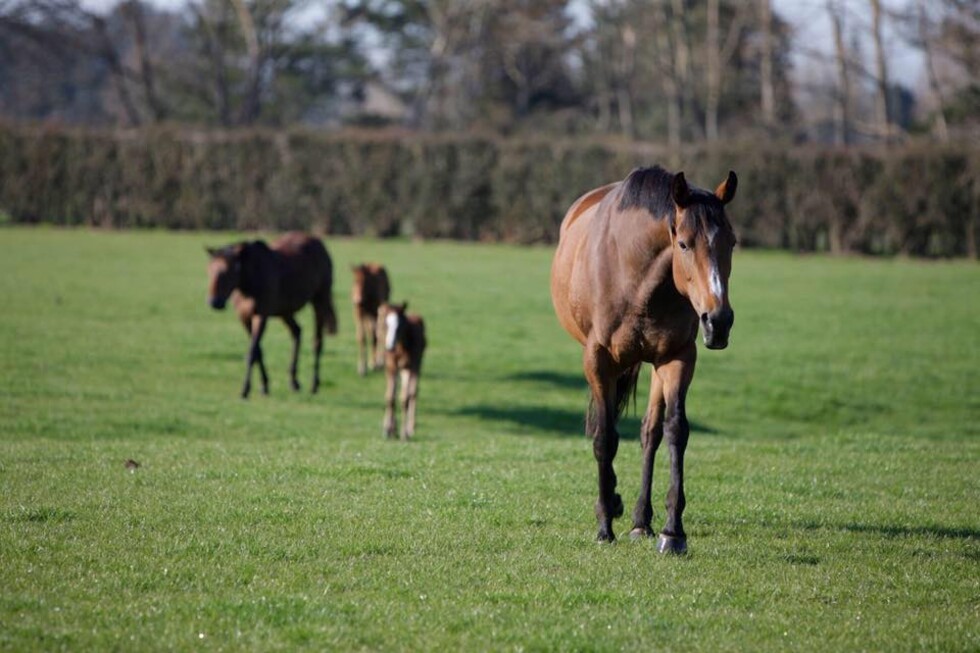We conduct foal behavioural research in partnership with tertiary institutions in both New Zealand and abroad, conducting on-farm research and presenting to international audiences.
At Foal NZ, we are continuously conducting foal behavioural research. We strive to understand the behaviour of horses in an effort to improve their welfare and performance both on and off the track.
We pride ourselves on being at the forefront of foal behavioural research worldwide. Our team is motivated in our learning, both to further refine the processes we use, and to ensure we are delivering the latest information to others.
To achieve this, we are continually researching, trialling and presenting our work.
The Foal NZ team has access to a very large study group and can trial our findings in a commercial environment.
RESULTS
Our previous research has explored many areas of foals learning ability. Along with Massey University in New Zealand and the Australian Equine Behaviour Centre we measured the foundation behaviours and how long it took each foal to learn these. Results were really interesting showing no bias towards colts or fillies and some foals took twice as long to learn as others.
We also measured how many repetitions our foals took to learn a stop and go cue from the near and off sides of them.
With Charles Sturt University we looked at consecutive days of training and if this had any effect on the foal’s ability to recall behaviours.
We collaborated with KU Leuven University to measure the emotional states and interaction of mares and foals during training. Deborah Piette, PhD student, of the M3-BIORES research study team at KU Leuven, has developed new algorithms for wearable technology to monitor horses’ stress levels while under saddle in a reliable and objective way.
Her group of researchers use a wearable device around the horse’s barrel like a heart monitor to register critical information about the horse’s heart rate. The new device connects via Bluetooth technology to a computer system with algorithms that are able to separate ‘stress’ response from ‘activity’ response.
The presented methodology is based on the principle that a horse’s heart rate is dividable into three parts: basic metabolism, physical activity, and mental state (also interpreted as stress). The algorithm works on the assumption that basic metabolism will remain fairly constant during a single training session. With this in mind, the research team’s goal is to separate and differentiate between activity-related heart rate and that which is related to mental state or stress.
Using real-time adaptive algorithms that measure a horse’s physical activity, coupled with a calculation of how this activity naturally affects heart rate, they can determine how heart rate changes in real time as a result of the effects of mental state and stress alone. Their method provides a reliable, automated, and objective way to evaluate the mental state of a horse.
We have adapted these methods and collected data from a heart rate monitor and accelerometer placed on both the mare and the foal. We have data on 15 foals that completed between six to nine sessions with us.
It was a proud moment when our foal education process that we have developed over fifteen years became published with the help of Charles Sturt University in Wagga Wagga Australia.
COLLABORATE
We are always open to collaborating with institutions. We have access to a large quantity of virtually unhandled foals, experienced people and are always interested to see what we can discover.
PRESENTATIONS
Our past public presentations include the International Society for Equitation Science in France and Australia, Equidays and the development of NZQA papers in New Zealand, Equitana in Australia, and the Monty Roberts International Instructor Forum and online university in America.
Research partners
.
















